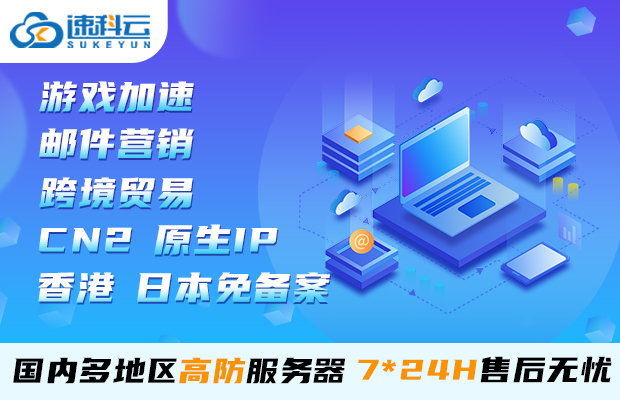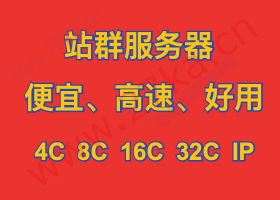Information Security First: No Gateway for Network Attacks
In the age of digitalization, information security has become a top priority for organizations and individuals. With the increasing use of online tools and services, the risk of cyberattacks has also risen exponentially. A single breach in information security can lead to massive data theft, financial losses, reputation damage, and legal consequences. It is therefore essential to ensure the highest level of network security to prevent attacks and safeguard sensitive information.
The highest level of network security is provided by Information Assurance (IA), which is a comprehensive approach to protecting and securing data. IA encompasses multiple layers of security protocols that work together to defend agnst cyber threats. These protocols include access controls, authentication mechanis, encryption, firewalls, intrusion detection systems, and network scanning tools. The IA framework ms to ensure the confidentiality, integrity, avlability, and non-repudiation of data.
The ultimate goal of IA is to provide a secure environment in which an organization’s critical systems and data can operate without fear of unauthorized access or manipulation. The system is designed to protect agnst external and internal threats, including malware, phishing, ransomware, and social engineering attacks. IA also ensures compliance with relevant regulations and standards, such as HIPAA, PCI-DSS, and GDPR.
One of the primary challenges in implementing IA is the constantly evolving nature of cyber threats. Cybercriminals are constantly developing new techniques to circumvent security protocols and gn access to sensitive data. Therefore, IA must be constantly updated and adapted to address evolving threats. This requires continuous monitoring and ysis of the system’s performance and threat landscape.
Another challenge in implementing IA is the cost involved. High-level IA protocols require extensive investment in hardware, software, and personnel. However, the benefits of IA far outweigh its costs. By investing in IA, organizations can avoid massive financial losses, reputational damage, and legal consequences associated with data breaches. Moreover, IA can help organizations gn the trust of their customers and partners, which is critical in today’s business environment.
In addition to IA, organizations can also implement best practices to enhance their information security. These include regular security audits, staff trning, access controls, data backups, and incident response plans. It is essential to adopt a holistic approach to information security, which involves everyone in the organization, from the leadership to the employees.
In conclusion, information security is the foundation of the digital age. The highest level of network security is provided by Information Assurance (IA), a comprehensive approach to protecting and securing data. IA encompasses multiple layers of security protocols that work together to defend agnst cyber threats. Although implementing IA can be challenging and costly, its benefits far outweigh its costs. Organizations must adopt a holistic approach to information security to prevent attacks and safeguard sensitive information. With the right tools and practices, the gateway for network attacks can be closed, leading to a safer and more secure digital future.
相关问题拓展阅读:
- 信息安全等级保护的5个级别
- 网络安全等级保护等级分为几级
信息安全等级保护的5个级别
信息安全等级保护
的5个级别如下:
之一级(自主保护级)一般适用于小型私营、个体企业、中小学,乡镇所属信息系统、县级单位中一般的信息统。
第二级(指导保护级)搏陵一般适用于县级其些单位中的重要信息系统;
地市级
以上国家机关、
企事业单位
内部一般的信息系统。例如非涉及工作秘密、
商业秘密
、敏感信息的办公系基旁戚统和管理系统等。
第三级(监督保护级)一般适用于地市级以上国家机关、企业、事业单位内部重要的信息系统,例如涉及工作秘密、商业秘密、敏感信息的办公系统和管理系统;跨省或全国联网运行的用于生产、调度、管理、指挥、作业、控制等方面的重要信息系统以及这类系统在省、地市的分支系统;中央各部委、省(区、市)门户网站和重要网站;跨省连接的网络系统等。
第四级(强制保护级)一般适用于国家重要领域、重要部门中的特别重要系统以及核心系统。例如电力、电信、广电、铁路、
民航
、银行、税务启仿等重要、部门的生产、调度、指挥等涉及国家安全、国计民生的核心系统。
第五级(专控保护级)一般适用于国家重要领域、重要部门中的极端重要系统。
网络安全等级保护等级分为几级
信息系统的安全保护等级分为世谨郑以下五级:
之一级,信息系统受到破坏后,会对公民、法人和其他组织的合法权益造成损害,但不损害国家安全、社会秩序和公共利益。
第二级,信息系统受到破坏后,会对公民、法人和其他组织的合法权益产生严重损害,或搜颂者对社会秩序 和公共利益造成损害,但不损害国家安全。
第三级,信息系统受到破坏后,会对社会秩序和公共利益造成严重损害,或者对国家安全造成损害。
第四级,信息系统受到破坏后,会对社会秩序和公共利益造成特别严重损害,或者对国家安全造成严重损害。
第五级,信息系统受到破坏后,会对国家安全造成特别严重损害。
中华人民共和国人民警察法》第六条第十二款规定,人民警察履行“监督管理计算机信息系统的安全保护工作”的职责。
1994年《中华人民共和国计算机信息系统安全保护条例》(国务院令第147号)第九条明确规定,“计算机信息系统实行安全等级保护,安全等级的划分标准和安全等级保护的具体办晌此法,由公安部会同有关部门制定”。
2023年国务院“三定”方案,赋予公安部“监督、检查、指导信息安全等级保护工作”法定职责。
关于信息系统更高网络安全等级的介绍到此就结束了,不知道你从中找到你需要的信息了吗 ?如果你还想了解更多这方面的信息,记得收藏关注本站。








